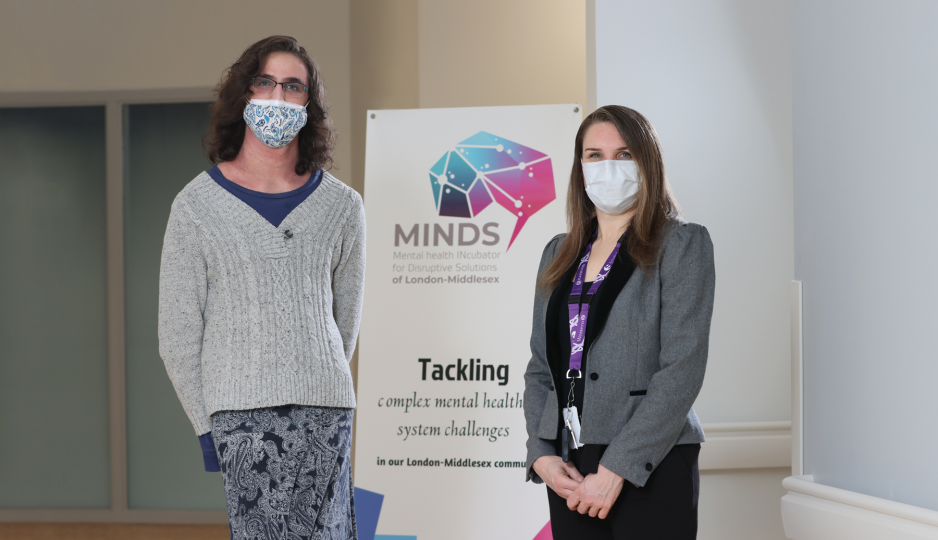Championing inclusive classrooms
Creating safe and inclusive schools, where students can celebrate their individuality, is part of a new, local research project called Queer in the Classroom.
The project focuses on professional development for teachers and staff to assist them in creating an environment tailored to best support 2SLBTGQIA+ students through the additional stress they face as a minority group.
“This project is about connecting with school boards and teachers to help develop the knowledge and skills to create spaces that go beyond tolerating differences,” explains Dr. Arlene MacDougall, scientist with Lawson Health Research Institute (Lawson). “The focus is to create an environment that is more affirming, more responsive and more proactive rather than reactive.”
Researchers at Lawson are examining the benefits of this type of approach within the education system for those who are part of the 2SLBTGQIA+ student community.
“The Queer in the Classroom initiative is so important because, when we look at the data, youth in the 2SLGBTQIA+ community are 14 times more likely to die by suicide,” says Dr. MacDougall, who in addition to her Lawson role, is also a psychiatrist at St. Joseph’s Health Care London and Director of the Mental Health INcubator for Disruptive Solutions (MINDS). “We need to be focusing on this population who are also experiencing a higher degree of isolation, stigma and substance use.”
The basis for the pilot project stems from a review of existing research on this topic conducted by the research team through MINDS.
“We then conducted our own research based on a series of interviews of 2SLGBTQIA+ students at both elementary and secondary schools in Ontario, and their parents and teachers,” explains Lawson research assistant Iylah Neves. “We focused not only on their safety in school, but also being celebrated for who they are. We drew on all of this research to best inform the practices we are using with the Queer in the Classroom initiative.”
Currently the Queer in the Classroom project is being rolled out on a ‘by-request’ basis. However, Iylah says the research team is working with a couple of school boards in Ontario to discuss the possibility of wider implementation.
“It is our responsibility to make those changes so that students can access a safe, inclusive and nurturing environment.”
